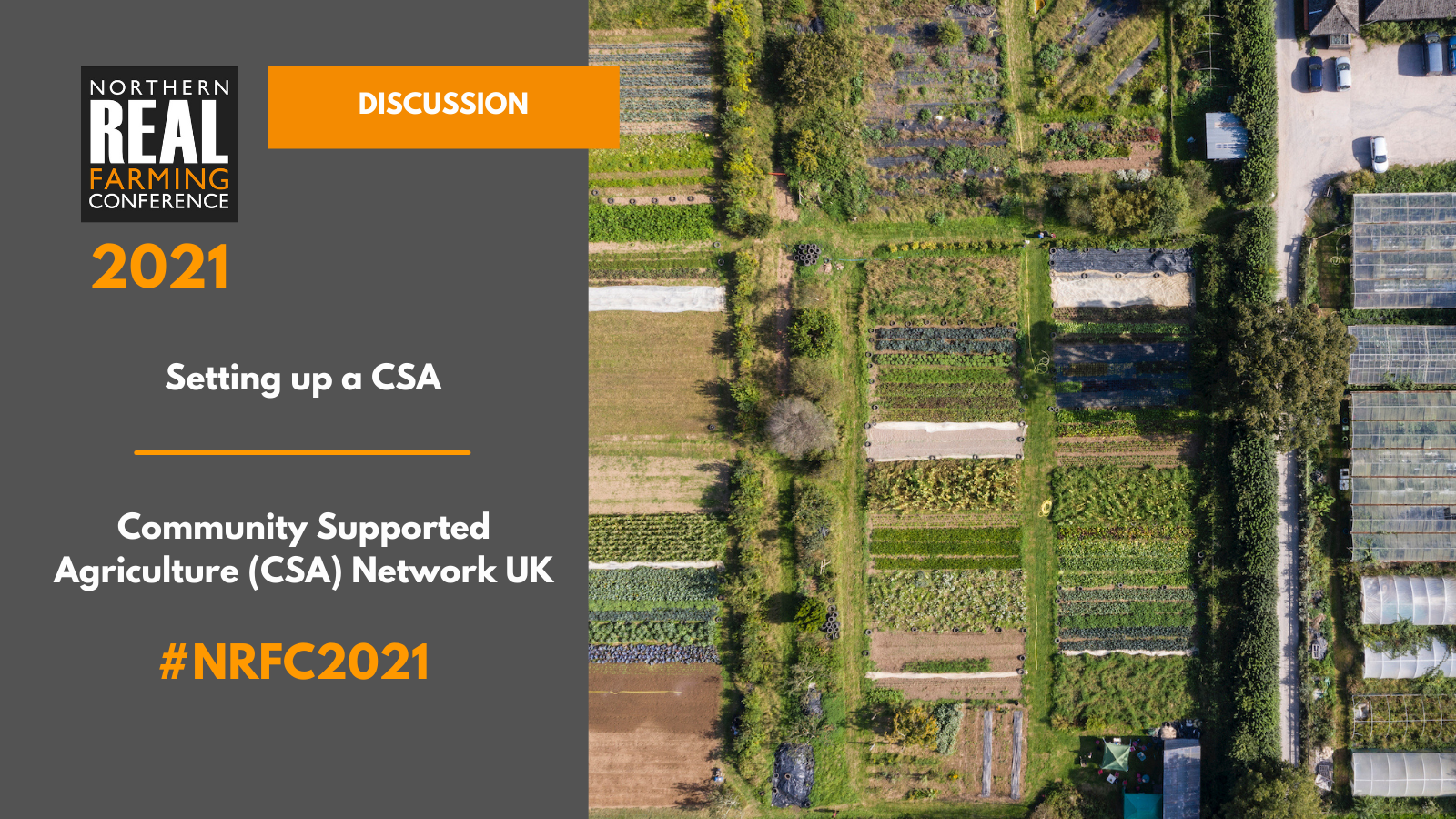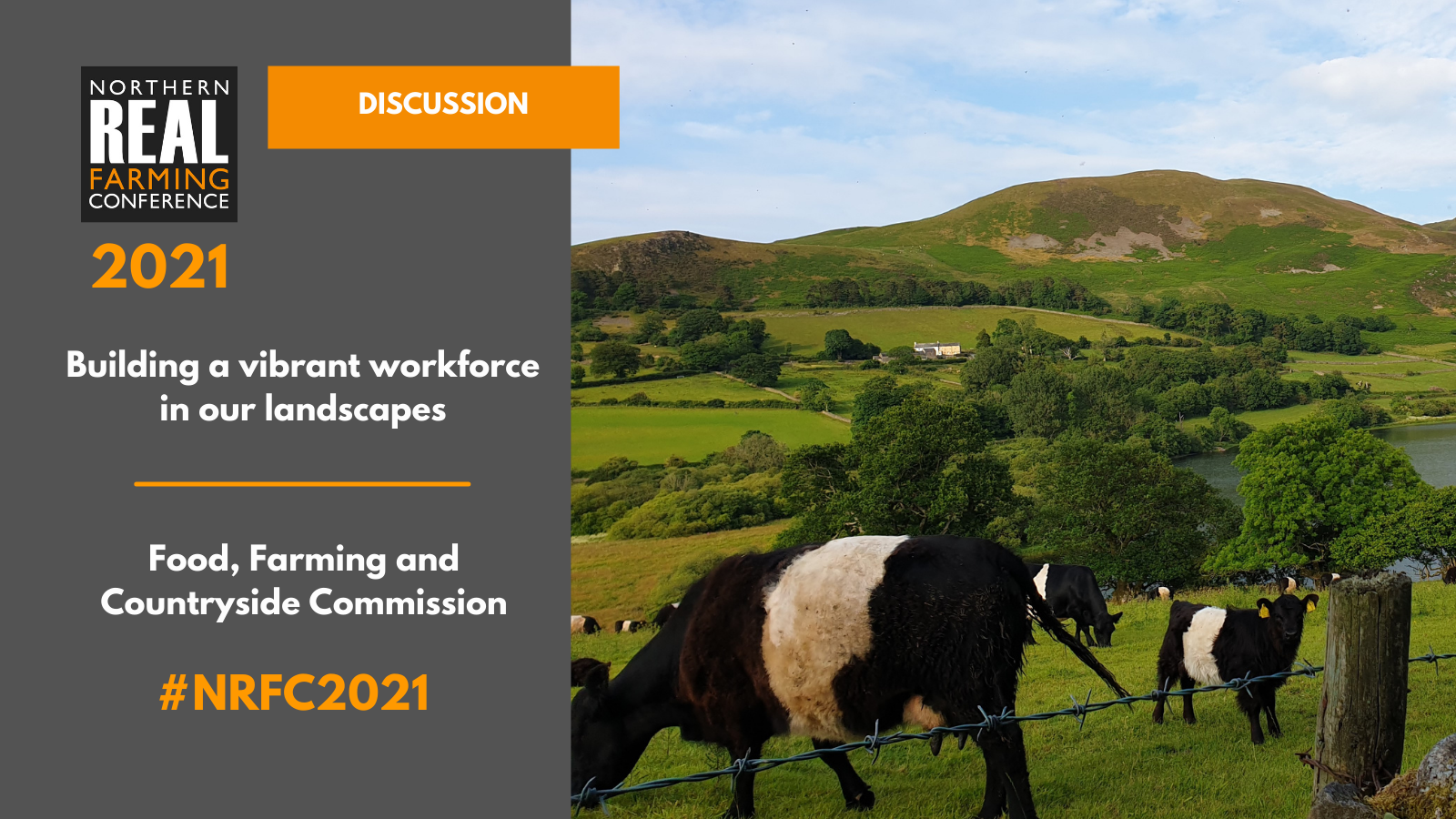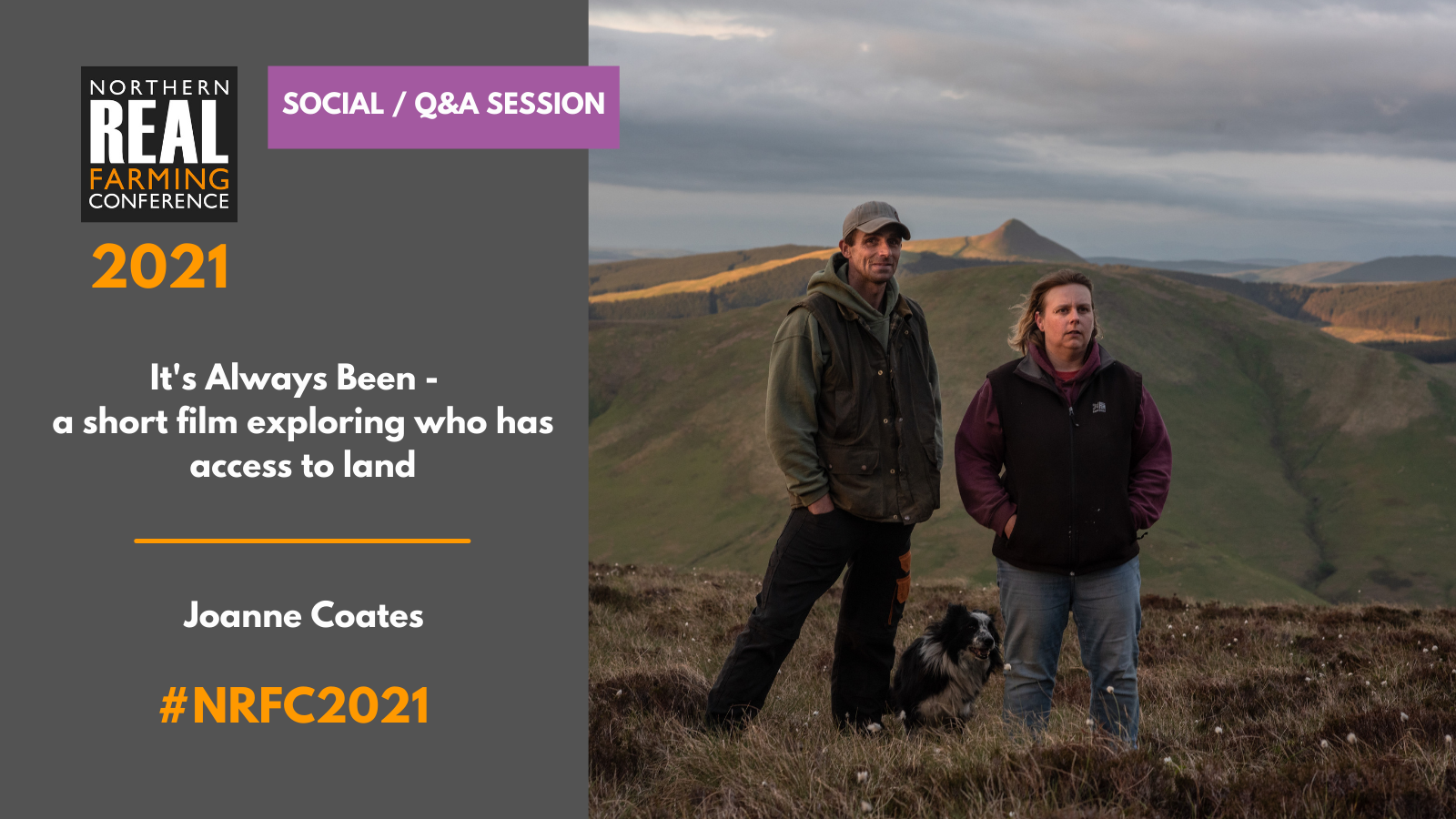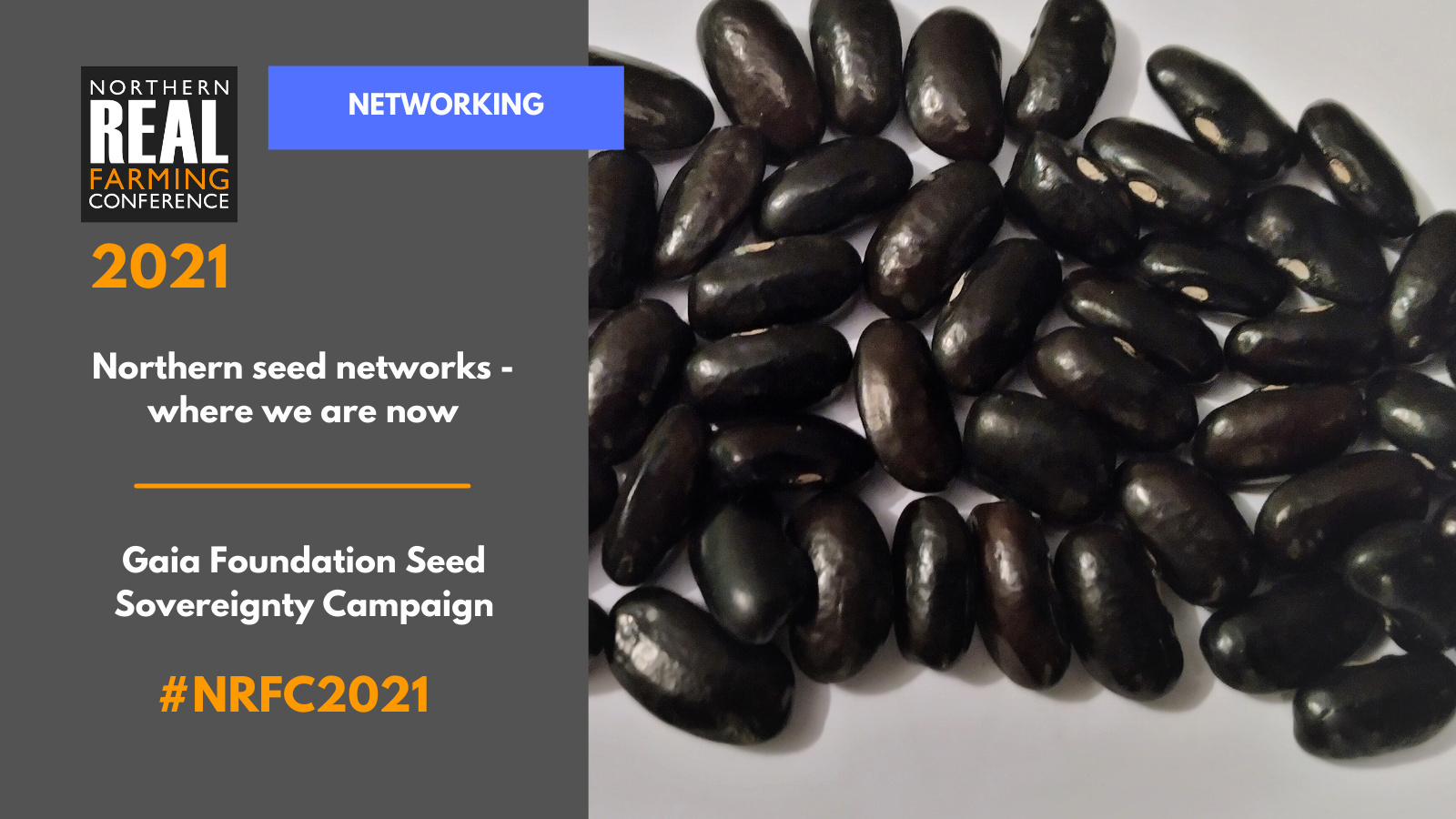Hosted by the Food, Farming and Countryside Commission
A land and nature skills service for Cumbria: What’s already happening, what’s possible and where are the gaps? We will be focusing on mapping initiatives in Cumbria and Northern England.
Highly skilled people are needed to enable a transition to regenerative and holistic farming approaches and deliver on national (and even international) priorities in the context of the multiple and interlinked biodiversity, climate and health crises. Access to knowledge, learning, training and employment are vital to ensure a just transition.
In Cumbria, the need for training and employment is framed by the loss of Newton Rigg College, the need to support farmers to transition to new policy focused on public goods delivery, and the need to deliver on other policy priorities such as green recovery, net zero carbon and nature recovery.
We have been in a process of codesign since October 2020 and have begun scoping what’s needed to deliver land- and nature- based skills training and learning in Cumbria. This has led to a proposal for a Land and nature skills Service for Cumbria, which could act as a central hub of information, support increased delivery and act as an intermediary between policy priorities and capacity for delivery locally. This would support people wanting to join the sector and those already in it to access information, resources and contacts they need.
We would like to map the current/developing initiatives and discuss what the opportunities, challenges and gaps are in the proposed Land and Nature Skills Service. This will help to widen the scoping process and what we need to consider for delivery.
Through this session we hope there will be shared insight and connections into what opportunities are available, contributions of what people know is already happening and identifying the key gaps we need to fill. Some questions we might ask for input on include:
– Are there agroecological skills initiatives you know about or are part of?
– Are there some peer to peer learning networks, more formal training delivery or apprenticeships, amongst many other mechanisms of sharing knowledge, that we should all know about?
– Are there projects you’re aware of which need more people working on the land?
This co-creation session links to our in-person session at the NRFC gathering in Lancaster (2/3 December), where we will continue to build on the mapping and identify the gaps/challenges/opportunities which are emerging from our work together. The outputs will be made available to attendees and will feed into a wider scoping and delivery process, which we hope will enable more good work to happen across the sector.
Speakers/hosts include:
Hannah Field – Hannah Coordinates the Food, Farming and Countryside Commission’s (FFCC) Cumbria Inquiry and is a PhD Student at the University of Cumbria, researching Common Land. Hannah has spent the last 10 years in Cumbria, having worked for Forestry England, run her own business in wool craftwork, as well as studying at the University (BSc (Hons) in Animal Conservation Science and PGDip Ecosystem Services Evaluation). Her research and practical interests are in how diverse perspectives and values in land management can be brought together for social and ecological benefit through place-based decision-making.
Hannah is also passionate about wool and natural fibres grown regeneratively in the UK. She also develops regenerative livelihood programmes and helps with horticulture and livestock on a permaculture smallholding.
Julia Aglionby – Julia chairs the FFCC Cumbria Inquiry as Professor in Practice at the University of Cumbria. Other ‘hats’ include; Executive Director of the Foundation for Common Land, Chair of the Uplands Alliance and she is a practicing Rural Chartered Surveyor and Agricultural Valuer. Julia was a Board Member of Natural England from 2014 – 2019. She worked from 1993-2001 as an environmental economist on National Park projects in Indonesia and the Philippines. Julia has a keen interest in land tenure and her PhD was entitled Governance of Common Land in National Parks: Plurality and Purpose.
Julia lives in the Eden Valley, Cumbria with her family at Susan’s Farm; an organic Care Farm of which she is a Trustee and where she enjoys working on the farm.
Sam Beaumont – Sam is from Wilder Gowbarrow. Gowbarrow Hall Farm is a family run farm on the south facing shores of Ullswater in the Lake District. The farm is under the management of Sam and Claire Beaumont, as the third generation. “We are passionate about maintaining the natural beauty of the landscape and enriching the wildlife that falls within it. We are caring for the environment and are conscious of how farming fits within the wider global issues that our planet is facing.”
Wilder Gowbarrow is part of our mission to improve the sustainability of our farm business as well as our environment. It is a joint project between Gowbarrow Hall Farm and Wilderculture C.I.C.
The aim of the project is to operate a hybrid of ‘rewilding’ and regenerative farming, restore nature and landscape function while also contributing significantly to sustainable nutrition security and farm profitability by producing high quality 100% grass fed meats. This is a first for the UK uplands and aims to demonstrate that we can produce a sustainable supply of nutrient rich healthy foods from land that is unsuitable for plant food production.
www.wilderculture.com/events/
gowbarrow.co.uk
Carol Moffat (also joined by Veronica Waller and Kate Gascoyne), The Farmer Network
About the Farmer Network: The Farmer Network Ltd is a farmer owned not-for-profit Company, limited by guarantee. We have over 1,100 farmer members and our mission is to help sustain our members’ businesses and maintain the environment, landscape and rural communities of Cumbria and the Yorkshire Dales. The Farmer Network provides a range of services including fuel buying and organising training courses and workshops for farmers. We also apply for funding for projects that support farmers including those that help young people develop a farming related business, improve animal health and providing advice to farmers during the agricultural transition. www.thefarmernetwork.co.uk/
About Carol: Carol works for the Farmer Network as a project manager and the local coordinator for the Yorkshire Dales. She manages a variety of projects including coordinating the Swaledale Facilitation Fund and a project supporting farmers in the Westmorland Dales. She farms at Garsdale and is also Secretary of Baugh Fell Commoners Association and the local branch of the North of England Mule Association.
Charlotte Bickler – Charlotte leads the Knowledge Exchange and Policy team at the Organic Research Centre, ensuring that ORC’s research gets out to its key stakeholders in the best format possible. She is based in West Yorkshire and has worked as a researcher at the ORC, Kew Gardens and The University of Bristol. Most recently, she has studied the application of evolutionary breeding within organic systems and developed an on-farm organic variety testing network (now a DEFRA funded project, LiveWheat) with her ORC Crops Team colleagues, Organic Arable and a group of participatory farmers. She has also coordinated knowledge exchange and on-farm trials of crop mixtures and worked to understand the enablers required to deliver crop diversification in European agriculture. She is working to develop local hubs built around Organic Principles and practices via the Organic at the Heart project which developed out of the NRFC20 session that she led (www.organicresearchcentre.com/our-research/research-project-library/organic-at-the-heart/).
David Harpley – David is the Conservation Manager at the Cumbria Wildlife Trust, where they have run many traineeships, apprenticeships and studentships.
The Trust has hosted Countryside Apprenticeships for many years, which have trained local young people to become Cumbria’s newest countryside rangers at the National Trust, John Muir Trust and North Pennines AONB etc, as well as postgraduate training that helped others progress to roles with the British Antarctic Survey, Fisheries Authority and many other leading organisations.
The Trust also hosts sandwich year placements from the University of Cumbria and research students from a range of universities.



